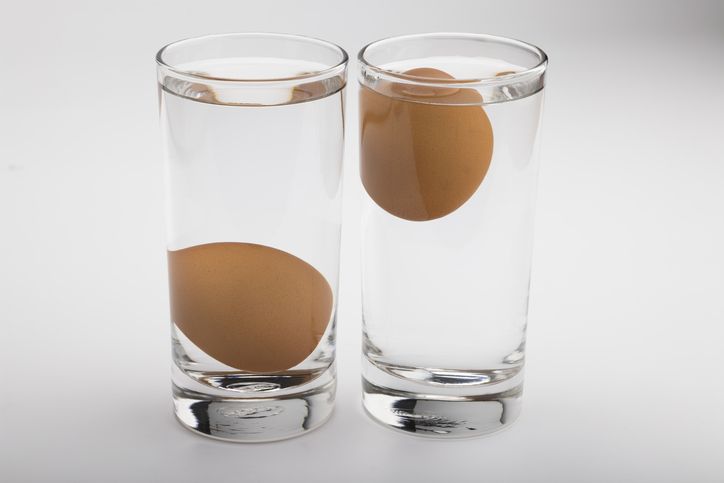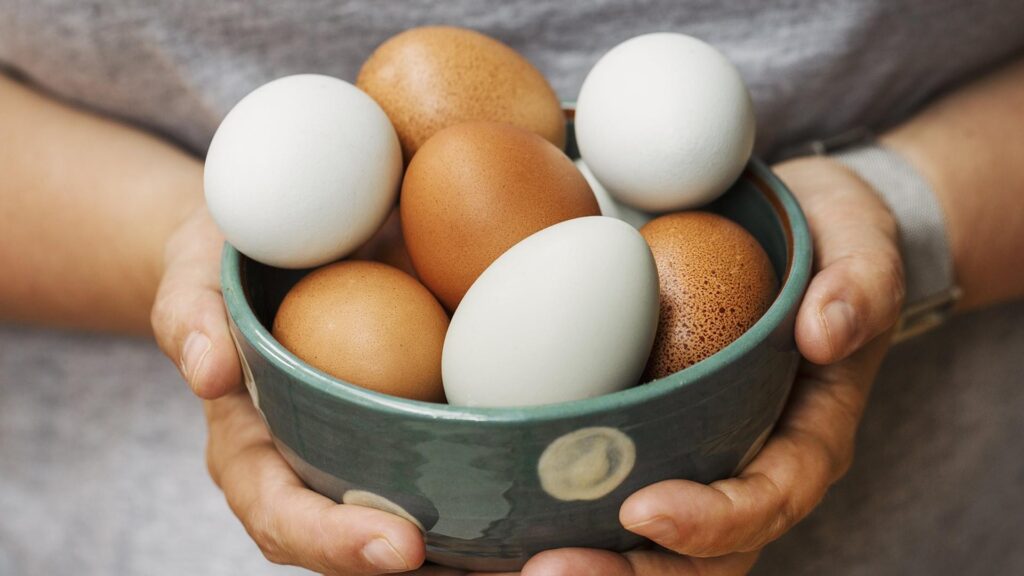Eggspose: Exposing Egg Expiration Dates
When it comes to food safety, one of the most frequently asked questions is about the expiration dates on eggs. Are they a strict guideline, or is there some flexibility? How can you tell if an egg is still safe to eat beyond its labeled date? This article will delve deep into the topic of egg expiration dates, separating myth from fact and providing you with the knowledge you need to safely enjoy your eggs.
Understanding Egg Expiration Dates
Egg expiration dates are typically printed on the carton, but understanding what they mean can be confusing. There are generally two types of dates you’ll find: the “sell by” date and the “expiration” date.
See Also: Tree pruning service: essential tips for homeowners.
- Sell By Date: This date is meant for the retailer, indicating how long the eggs can be displayed for sale. It’s not necessarily an indicator of egg freshness or safety, but rather a guideline for stores to rotate their stock.
- Expiration Date: This date is usually a bit more concrete. It suggests when the eggs are expected to be at their best quality. However, eggs can often remain safe to eat past this date if they have been stored properly.
How Long Do Eggs Really Last?
Eggs can last longer than many people realize. Properly stored in the refrigerator, eggs can often be consumed safely for several weeks beyond their expiration date. According to the USDA, eggs are safe to eat for up to three to five weeks after you purchase them, even if the expiration date has passed.
Factors Affecting Egg Freshness
- Storage Conditions: Eggs should be kept in the refrigerator at or below 40°F (4°C). Storing eggs at a consistent, cold temperature slows down the growth of bacteria, such as Salmonella, and helps maintain the egg’s quality.
- Eggshell Integrity: A cracked or damaged eggshell allows bacteria to enter the egg, compromising its safety. Always check your eggs for any signs of cracks before purchasing or consuming them.
- Time: Over time, eggs will gradually lose moisture and carbon dioxide through their porous shells. This causes the egg white to become thinner and the yolk to stand less tall, which are signs of an aging egg.
How to Test Egg Freshness at Home
If you’re unsure whether your eggs are still good, several simple tests can help determine their freshness. These methods are easy to perform and don’t require any special equipment.
The Water Test
One of the most popular methods is the water test. Fill a bowl with cold water and gently place the egg in it. Here’s what the results mean:
- Fresh Eggs: The egg will sink to the bottom and lay flat on its side.
- Slightly Older Eggs: The egg will stand upright on the bottom, indicating that some air has entered the shell, but it’s still safe to eat.
- Old Eggs: The egg will float to the surface. Floating eggs should be discarded as they are likely spoiled.
The Sniff Test
Another quick way to determine if an egg has gone bad is by giving it a sniff. Crack the egg open and smell it. A fresh egg will have a neutral smell, while a spoiled egg will give off a strong, unpleasant odor. If the egg smells bad, it’s best to toss it.
The Candling Method
Candling is a technique used by egg producers to inspect the quality of eggs. By holding an egg up to a bright light, you can see the size of the air cell inside. A small air cell indicates a fresh egg, while a large air cell means the egg is older. Although this method requires a bit more skill, it can be a fun way to check your eggs’ freshness.
The Science Behind Egg Spoilage
Eggs spoil due to bacterial growth and chemical changes within the egg. Bacteria like Salmonella can enter the egg through tiny pores in the shell, especially if the egg is not stored properly. As the egg ages, the egg white thins out, and the membrane separating the yolk and white weakens, making it easier for bacteria to reach the yolk, where they can thrive.
pH Changes
As an egg ages, the pH of the egg white increases, making it more alkaline. This change in pH can affect the egg’s texture and taste, and it also impacts how well the egg will cook.

Enzymatic Activity
Enzymes naturally present in the egg can also contribute to spoilage. These enzymes break down proteins and fats over time, leading to off-flavors and odors.
Can You Eat Eggs After the Expiration Date?
The expiration date on an egg carton is a guideline for peak quality, not necessarily safety. As mentioned earlier, eggs can remain safe to eat for several weeks beyond the expiration date if they are stored properly. However, it’s crucial to use your senses—sight, smell, and touch—to determine if an egg is still good.
Cooking Eggs Safely
Even if an egg is past its expiration date, it can often be consumed safely if it’s thoroughly cooked. Cooking eggs to a temperature of 160°F (71°C) will kill any harmful bacteria, reducing the risk of foodborne illness. Always cook eggs until both the yolk and white are firm, and use pasteurized eggs for dishes that require raw or lightly cooked eggs.
The Importance of Egg Storage
Proper storage is key to extending the shelf life of your eggs. Here are some tips for storing eggs to maximize their freshness:
- Refrigerate Promptly: Store eggs in the refrigerator as soon as possible after purchasing them. This reduces the risk of bacterial growth.
- Keep Eggs in Their Carton: The carton helps protect the eggs from absorbing strong odors and flavors from other foods in the refrigerator. It also helps prevent moisture loss.
- Avoid Storing Eggs on the Door: The temperature on the refrigerator door fluctuates more than the interior, which can affect the eggs’ freshness. Store eggs on a shelf inside the refrigerator instead.
The Role of Egg Producers in Ensuring Freshness
Egg producers play a crucial role in ensuring the eggs you buy are fresh and safe to eat. Here’s how they maintain quality:
- Proper Handling: Eggs are collected, washed, and refrigerated as quickly as possible to minimize bacterial growth.
- Candling: As mentioned earlier, candling is used to inspect the quality of the eggs before they are packaged.
- Grading: Eggs are graded based on their size and quality. Higher-grade eggs are less likely to have defects or damage that could lead to spoilage.

Myths About Egg Expiration Dates
There are many myths surrounding egg expiration dates. Here are some of the most common ones debunked:
- Myth 1: Eggs are unsafe to eat after the expiration date. As discussed, eggs can often be safely consumed weeks after their expiration date if stored properly.
- Myth 2: The sell-by date is the same as the expiration date. The sell-by date is intended for retailers, while the expiration date is for consumers. They are not the same thing.
- Myth 3: Eggs should be discarded if they float in water. While floating eggs are generally older, they are not always spoiled. Use other methods, like the sniff test, to confirm if they’re still good.
Conclusion
Understanding egg expiration dates can help you reduce food waste and enjoy eggs safely. By learning how to properly store eggs, test for freshness, and cook them correctly, you can extend the shelf life of your eggs and make informed decisions about when to use or discard them. Remember, the expiration date is a guideline for quality, not a strict deadline for safety. Use the tips and techniques outlined in this article to confidently navigate the world of egg expiration dates and ensure that every egg you crack open is fresh and delicious.

